There are many great Americans such as Abraham Lincoln, that are rightly given their time in the spotlight. We read about these great men and women in our history textbooks starting in the first grade. However, many people are left out of the conversation. This may be because of their identity or other reasons. So here is my best effort to recognize some exceptional Americans.
1. Ulysses S. Grant
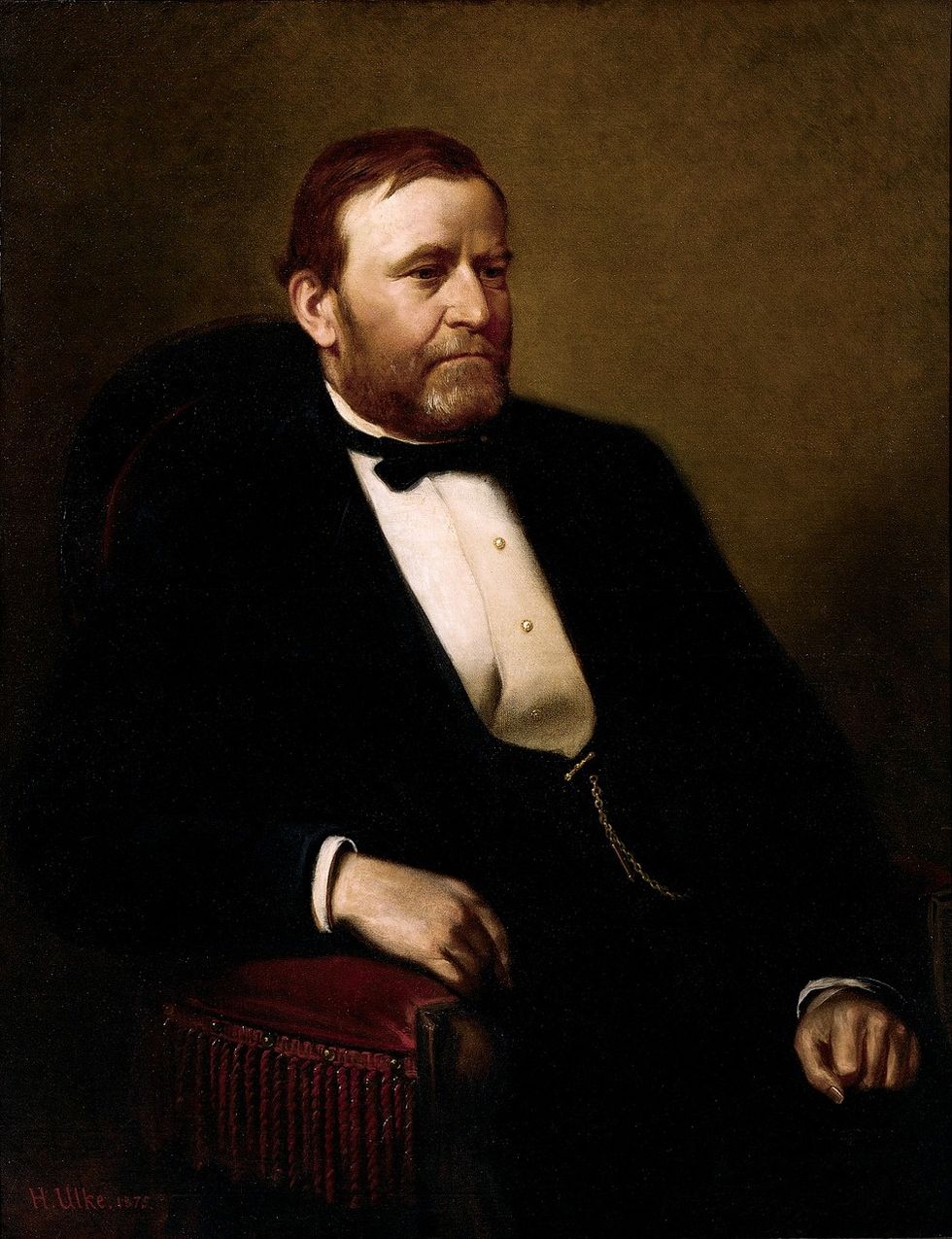
https://pixabay.com/en/henry-ulke-painting-oil-on-canvas-89728/
The only president on the list, Grant is usually properly given his due as the Civil War general that defeated the Confederacy. However, Grant is ranked low on presidential ranking lists due to the scandals of his administration. Lately, historians have been giving Grant more credit. He was never personally involved in the scandals and it's important to note that during Reconstruction, he was the first president to send troops to the South to protect African-Americans and allow them to vote. Unfortunately, his immediate successors did not follow suit but if they had, perhaps black voting in the South would be in higher numbers. Grant should be seen as an early champion for civil rights who was actually in a position of power.
2. William Jennings Bryan
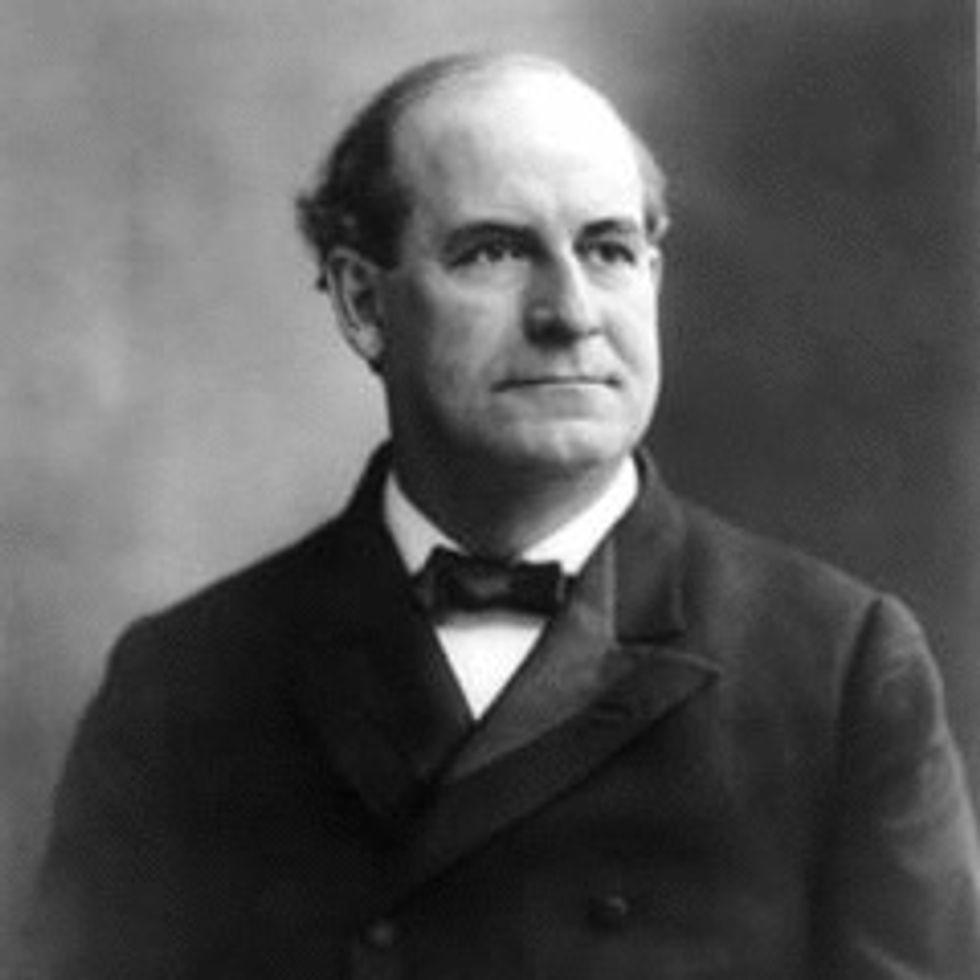
https://www.facebook.com/william.jenningsbryan.54
An early left-wing populist that sought the presidency three times, Bryan was an advocate for farmers and labor in the Gilded Age. In 1896, as the Democratic Party candidate, he fought against the gold standard as it hurt farmers. Despite supporting unions and due to an aggressive propaganda campaign funded by big money and corporations in the GOP, he was unable to win the general election. His famous "Cross of Gold" speech at the Democratic National Convention remains one of the most popular political speeches. He'll be remembered as an early progressive in an age where the rights of the working class were mostly ignored.
3. Dorothea Dix
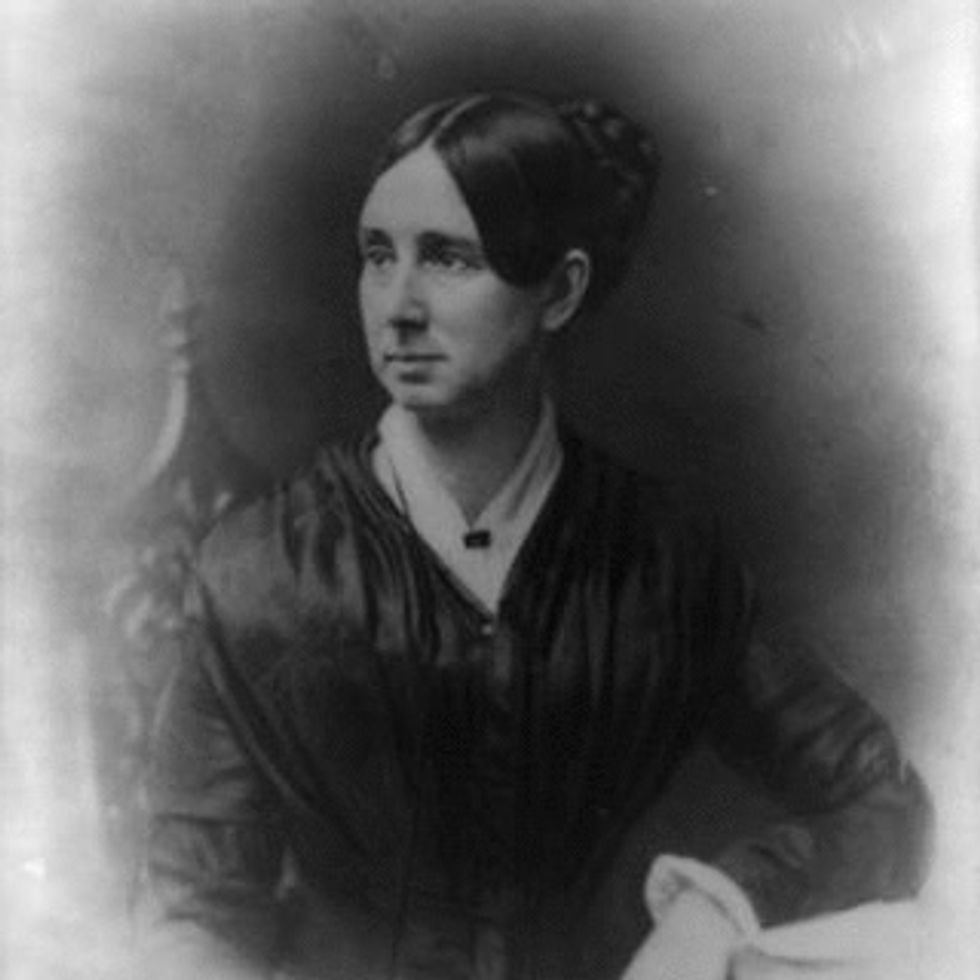
https://www.facebook.com/2345DortheaDixPsychology/
Fear not, this list is not another spotlight for white men. Dix was an early advocate for the mentally ill and prisoners. In the 1820s and 1830s she visited every facility she could and reported on the inhumane conditions with unflinching honesty. She shared her discoveries with legislators and reform began. Dix started America on the long road to changing the conversation about mental health and putting focus towards helping people who are mentally ill. She boldly fought for people's rights to be treated humanely.
4.Sitting Bull
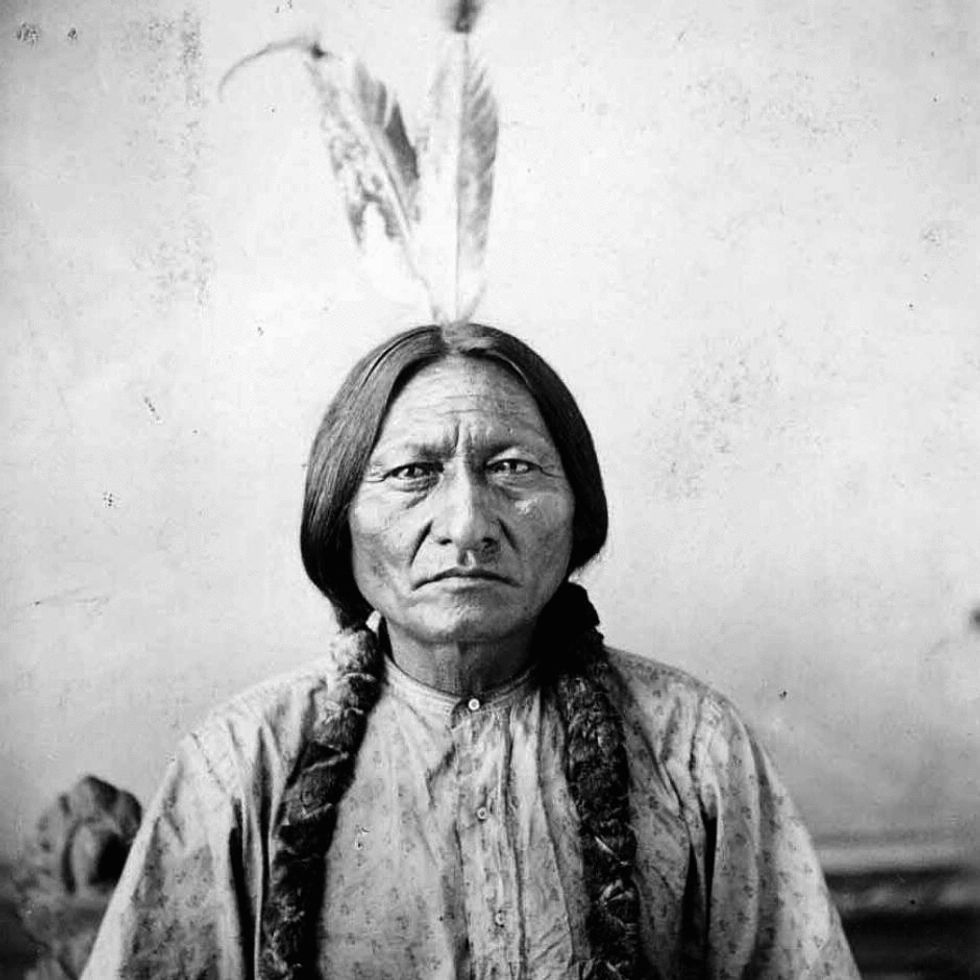
Sitting Bull was a Native American warrior and activist who was born in South Dakota, he was a chief of the unified Sioux tribe. He took up arms against the United States in 1863, as they were taking more and more Native land and rapidly expanding. In the 1870s, he was forced to defend himself and his tribe again after gold was discovered in the Black Hills and his lands were invaded by white settlers. He defeated American troops in the Battles of Rosebud and Little Big Horn. Fearing his influence, Lakota police officers broke into his house and tried to arrest him. A firefight ensued and he was murdered.
5. Claudette Colvin
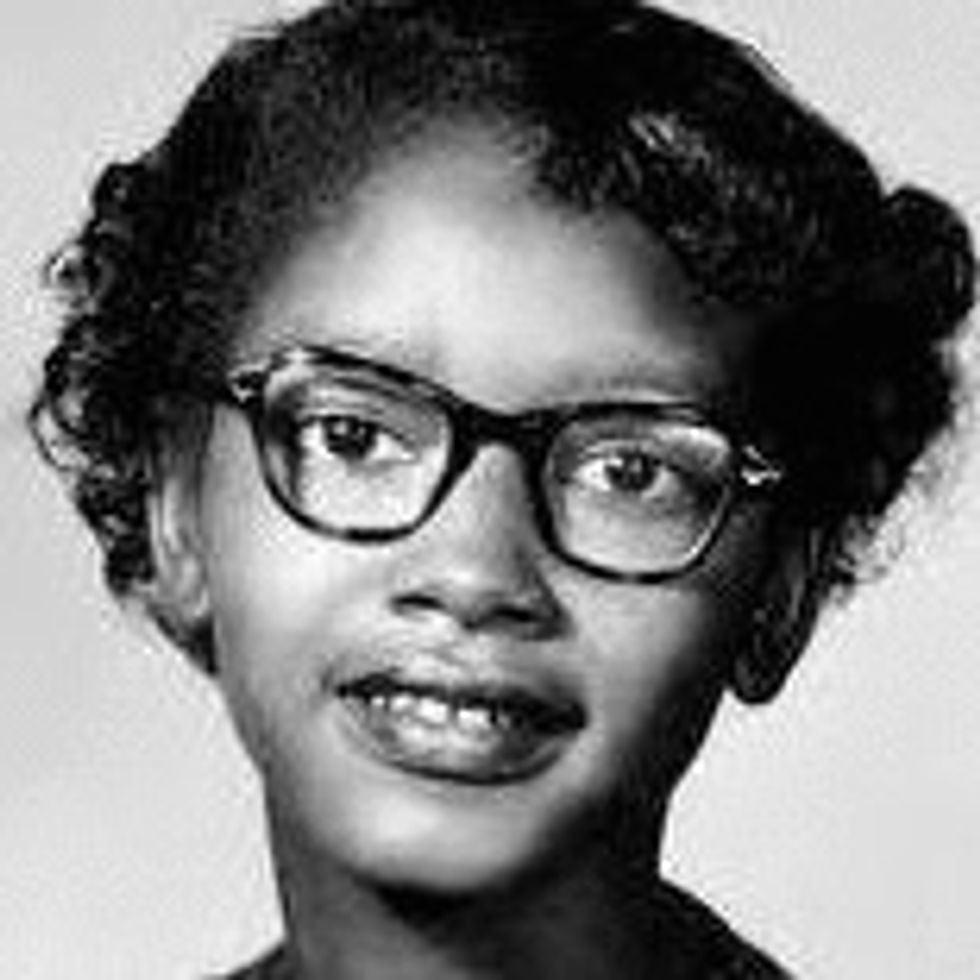
https://www.facebook.com/claudette.colvin.5
Colvin was a woman who refused to give up her seat on the bus for a white man in Montgomery, Alabama nine months prior to Rosa Parks. She was arrested and was one of four plaintiffs in Browder v. Gayle, a case that went to the Supreme Court and decided that bus segregation was unconstitutional. Many agree that the reason Colvin is not famous like Parks because she had gotten pregnant by a married man and therefore would have been unfit to be the face of the movement. Her erasure from history reminds us of the importance of intersectionality in fighting for human rights.
6. Upton Sinclair
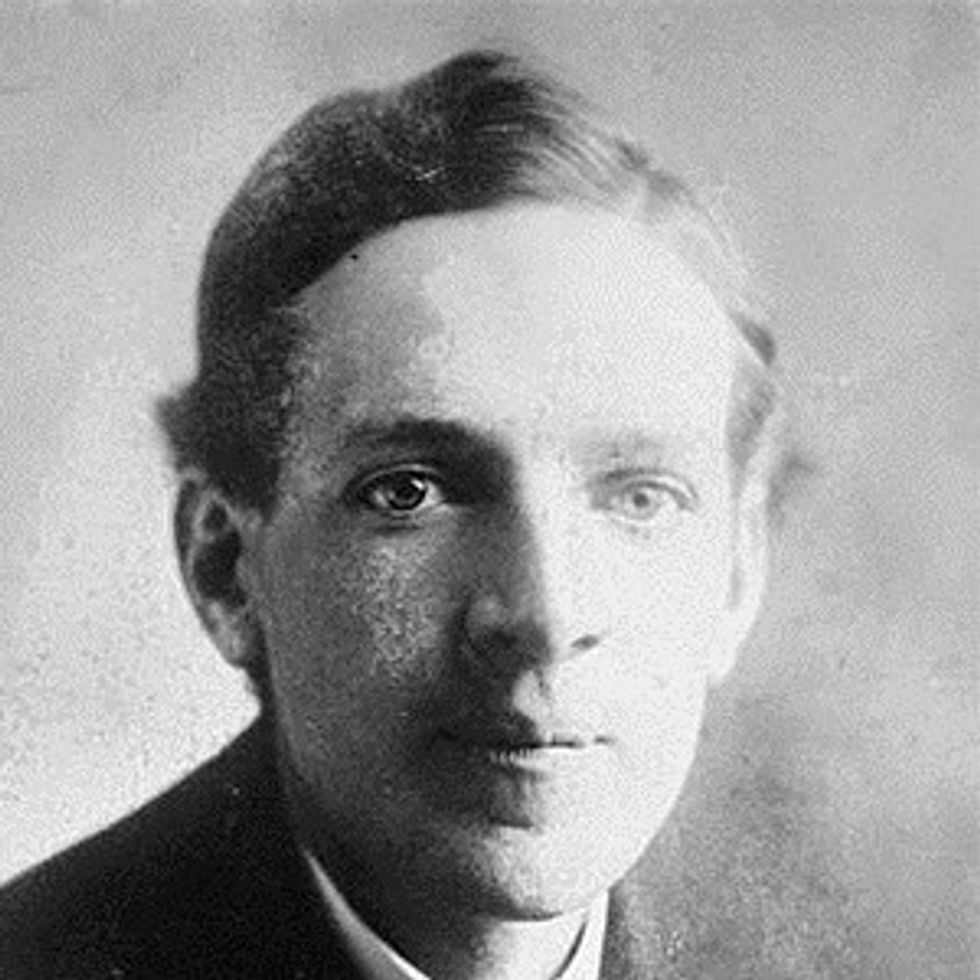
https://www.facebook.com/UptonSinclairAuthor/
Sinclair was a 20th century novelist, journalist, activist, and politician (albeit not a very successful one). His most important and famous work was The Jungle, which exposed the unsanitary conditions of America's meatpacking industry in Chicago. His book is often credited with helping pass the Meat Inspection Act. He also published many works that were critical of the famous "captains of industry" such as John D. Rockefeller for their lack of concern for their fellow citizens and disdain for the working class. He was also an advocate for freedom of the press and his book, The Brass Check discussed America's many limitations on freedom of the press.
7. Nat Turner

Nat Turner was a slave who led the only sustained slave rebellion for two days in Virginia in 1831. Afterwards, he was able to hide for two months until he was arrested and executed. As a result, many blacks that had nothing to do with the rebellion were killed and the few free blacks had what few rights they had severely limited. During his rebellion, Turner left poor whites alone and only went after the large plantations. His revolt marked the turning point for black liberation in the South.

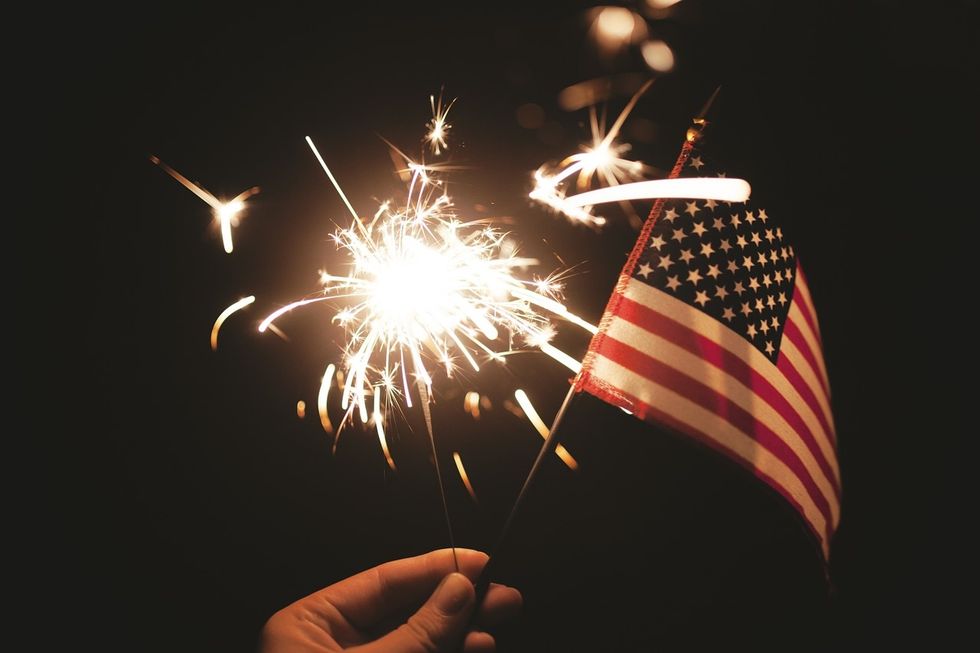



 Lumiere figure at the Disney Store at the Ala Moana Shoppi… | Flickr
Lumiere figure at the Disney Store at the Ala Moana Shoppi… | Flickr








 StableDiffusion
StableDiffusion StableDiffusion
StableDiffusion 10. Extra BlanketsJuwenin Home 100% Cotton Knitted Throw Blanket
10. Extra BlanketsJuwenin Home 100% Cotton Knitted Throw Blanket StableDiffusion
StableDiffusion StableDiffusion
StableDiffusion File:Kishlaru familie.jpg - Wikimedia Commons
File:Kishlaru familie.jpg - Wikimedia Commons Photo by Hanna Balan on Unsplash
Photo by Hanna Balan on Unsplash StableDiffusion
StableDiffusion black blue and yellow round illustrationPhoto by
black blue and yellow round illustrationPhoto by 





 woman holding glass jar
Photo by
woman holding glass jar
Photo by 








